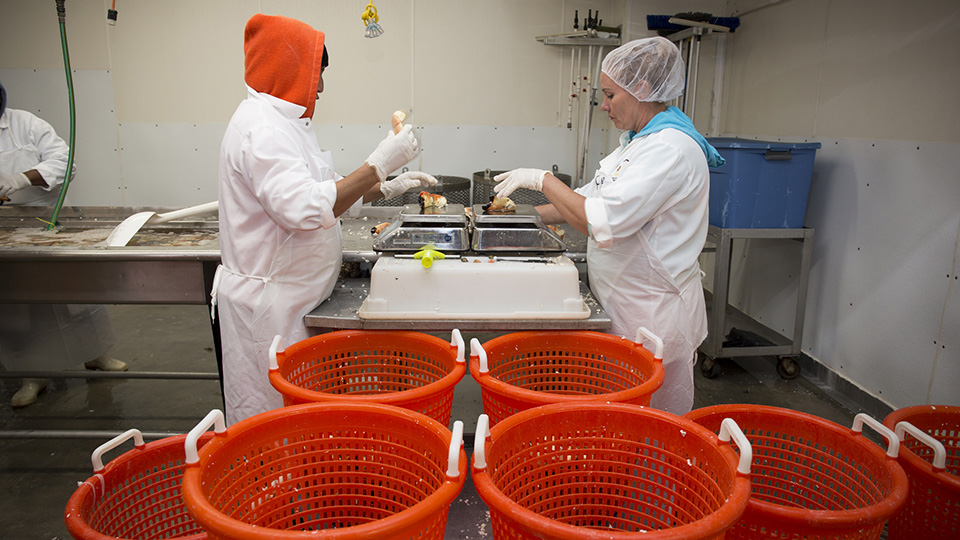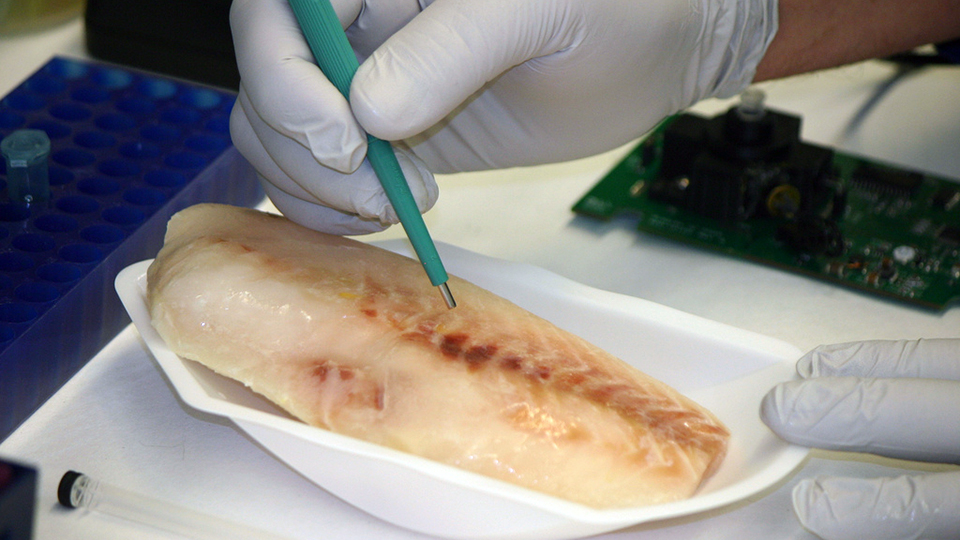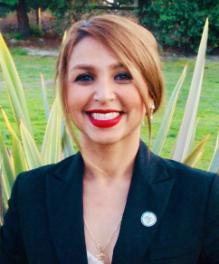Florida has the longest coastline in the lower 48 states, which offers our residents the chance to enjoy dozens of varieties of fresh seafood. Recreational and commercial fisheries in Florida provide seafood like clams, drum, grouper, jack, lobster, mackerel, mullet, oysters, sea bass, snapper, shark, and shrimp. Florida retailers also import a large amount of seafood, primarily from Asia.
The import and domestic production of seafood, however, is complex. Florida fishermen and growers face the challenge of using methods and technologies that support sustainable seafood and aquaculture. Seafood processors and distributors must maintain freshness, product integrity, and safety through the supply chain. Consumers demand high quality, safe, and affordable seafood selections throughout the year.
The Florida Sea Grant Program provides scientifically-sound information about aquatic food product safety and quality through research, publications, and community outreach programs. Sea Grant partners with the UF/IFAS Department of Food Science and Human Nutrition at the University of Florida to conduct research, outreach, and educational activities that supports sustainable seafood and aquaculture, resulting in safe handling and processing of aquatic food products.



